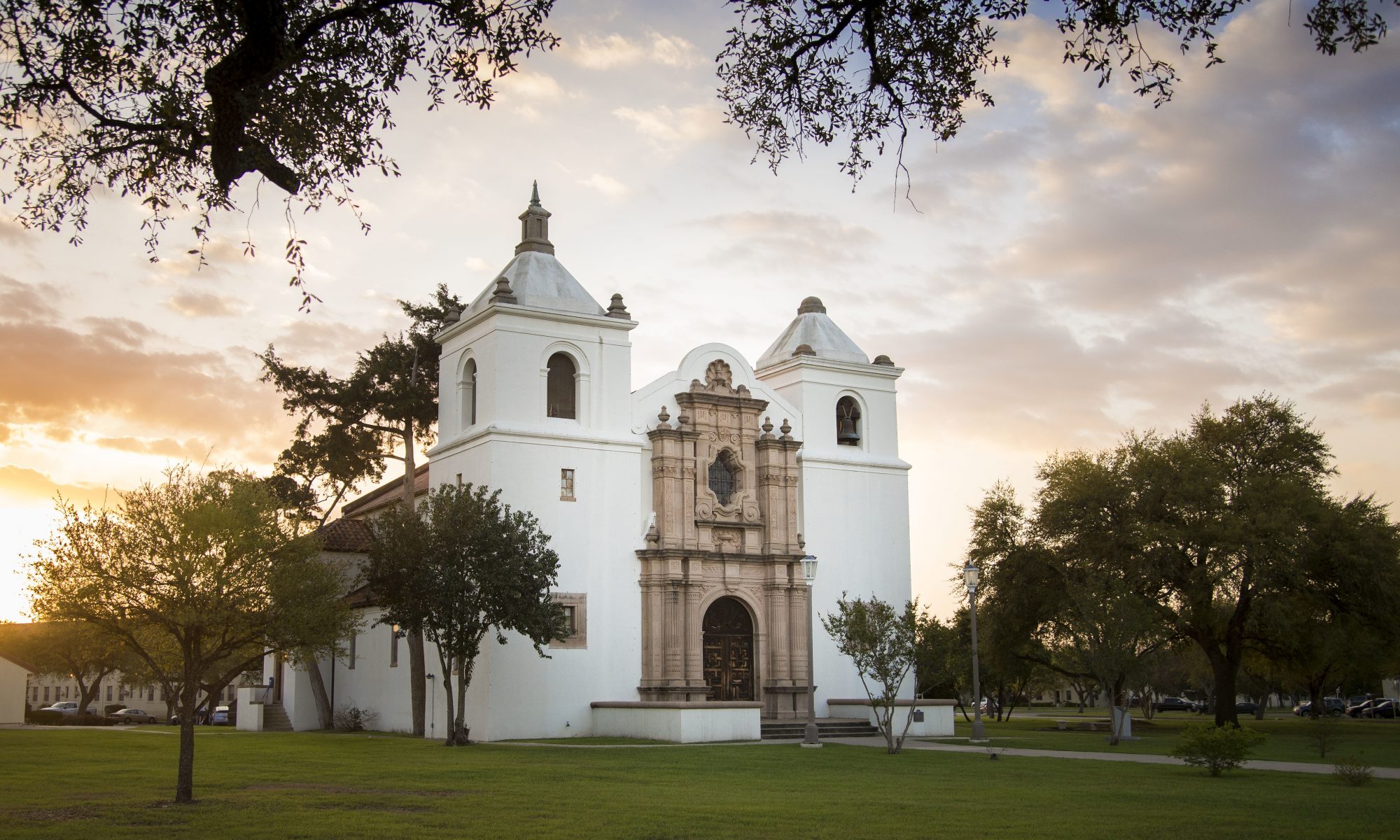Remembering Rondo, http://rememberingrondo.org/. Created by partners Rondo Avenue Inc. and Dr. Rebecca Wingo with students of an archive class at Macalester College, in St. Paul, Minnesota. http://rememberingrondo.org/historic-rondo-businesses/. Reviewed February 21, 2019 – February 22, 2019.
Dr. Rebecca Wingo taught an archives class that partnered with Rondo Avenue Inc. to create a map of the businesses in the historic Rondo neighborhood. The students mined and scanned business ads from historic newspapers from this community, and selected ESRI StoryMaps Tour and Journal to organize the files and create the map.
Remembering Rondo begins on the home page by clicking on the first link that appears when one searches. The page has “Places & Spaces”, “Life & Culture”, “Voices” and “Buy now!” Underneath these tabs are four other tabs — Map of Historic Rondo Businesses, Photo Archive, History Harvest and Team. Scrolling down further, there is a section that says, What’s New, Entertainment and News and Politics, presenting recently added to the site allowing one to scroll through the newest additions. There are filters that can be applied to manage what is seen by clicking all or three horizontal dots that provide a more detailed search. Next, it breaks down to another section that is formatted differently, with three tabs (Popular, Recent and Comments) showing articles life above. Then there is the “Featured Posts” section and ”Recent Stories” section. There is “Follow Us” and a subscribing section. Finally, there are “Most Viewed” and “New Restaurants in the City” sections. Towards the bottom, there are “Most Viewed”, “Most Popular”, “News Tags”, and “Categories.”
The information on the site is well communicated and written. The content that is written about is not difficult or too challenging to read. The intended audience, which is the local Rondo and St. Paul community seems to be very clear due to the creators and partnership of the project and the background of how the project was created. The images provided in the photo archive are of high quality but do not contain much metadata, however this may be due to the fact that it is from a private collection. The history harvest (when community members are invited to share their letters, photographs, objects, and stories and participate in conversations about these items) Omeka website, which is embedded into the site, provides basic and sufficient metadata about the items brought in from the history harvest. The Omeka website is well-organized and provides different options to browse and search.
The actual site is set up very nicely and has a professional and modern aesthetic, and choices of the colors. The site is fairly easy to navigate, though it may be confusing for one that is not familiar with technology. The home site provides a lot of information all at once and not a lot of context until one looks through the other tabs of information. I wonder if all of this contextual information could be put in one place to make it easier for the audience or guest viewers. The site is very compatible with tablets and mobile-friendly. I tried on my iPhone and it did not require manipulation such as, zooming in or out. The site contains some quirks, such as the “Team” tab on the top of the site not working and what appears to be a photo and perhaps something connected with a Twitter page related to the digital project.
Since the team page is currently unavailable for use, I am unable to make all the correct attributions except for the community partner, Rondo Avenue Inc., Dr. Rebecca Wingo and the archives class.
Overall, this digital project contributes to the field of digital history, providing examples of successful collaboration between a community and institution. With minor fixes on the different links and perhaps taken from the suggestions previously made, this website can blossom even more so. The unique layout and design draws attention to the different articles and pieces of history presented in a different form, that most do not think of history as, when one thinks of history only in the traditional sense.
S. Shine Trabucco
St. Mary’s University
San Antonio, Texas
